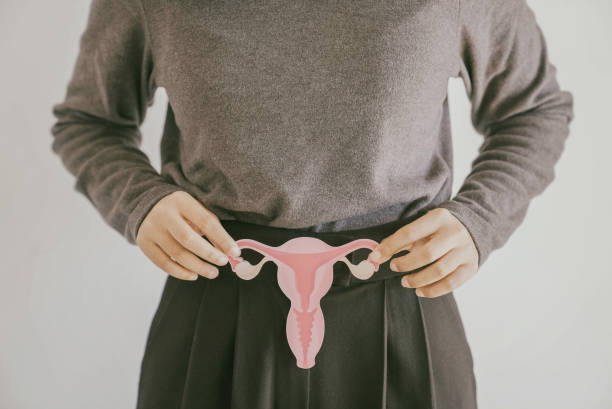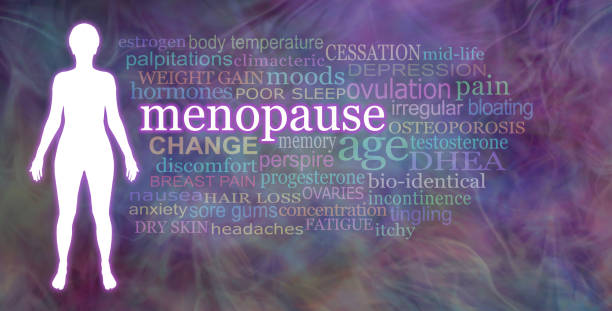When women’s bodies reach the stage of menopause, their hormones cause a cascade of physical and emotional changes. As some of these changes can be very uncomfortable, many women are advised by their doctors to take hormone replacement therapy (HRT).
Some symptoms women experience during this period of their lives include hot flashes, mood swings, and vaginal dryness. Taking estrogen replacement medication can alleviate these symptoms.
After menopause, women can also experience bone loss, and hormone replacement is also beneficial in preventing that problem.
There have been conflicting reports about hormone replacement therapy over the past few decades, so many may wonder if HRT is necessary and safe. There are side effects attributed to HRT medications and health risks. Doctors prescribing these medications must weigh the pros and cons of their use by considering the overall health profile of each woman.
There Are Various Types Of HRT
SYSTEMIC HORMONE THERAPY
This method delivers a high dose of estrogen. Systemic therapy allows an amount of estrogen to spread through the woman’s whole body and is effective for relieving most of the symptoms of menopause.
LOW-DOSE VAGINAL PRODUCTS
These applications are placed directly on or in the vagina. They deliver a lower dose of estrogen and only treat the vaginal symptoms of menopause.
Doctors usually prescribe progesterone along with estrogen. The two medications should be given together since estrogen alone can result in tissue growth along the uterine lining, which results in a higher risk of endometrial cancer.
Past studies have shown HRT puts women at risk for heart disease, strokes, blood clots, and breast cancer. However, more recent studies have shown these risks are not as prevalent as they were believed to be.

The risks are dependent on the following factors:
AGE – Women who begin HRT after age 60 or more than 10 years after menopause are statistically at higher risk for these conditions.
HEALTH HISTORY – Your family and personal medical history will greatly impact whether you are at risk for these conditions.
Recent studies of risks associated with these therapies show unexpected benefits, such as decreasing the risk of diabetes in women who begin taking it at a younger age.
Your doctor may decide the benefits of HRT outweigh the risks for you if you have:
NIGHT SWEATS AND TEMPERATURE FLUCTUATIONS
The use of systemic estrogen is believed to be the most effective treatment for these symptoms, as well as for night sweats.
VAGINAL SYMPTOMS
Menopausal symptoms like vaginal dryness, itching, and discomfort during intercourse can also be relieved by HRT.
EARLY MENOPAUSE OR ESTROGEN DEFICIENCY
If a woman’s uterus is surgically removed before menopause or if she has stopped having her period before age 45, HRT can prevent some menopausal symptoms.
BONE LOSS
Systemic estrogen can prevent osteoporosis (a bone-thinning disease). However, many doctors prefer to give other medications (called bisphosphonates) to prevent this condition.
The Take Away
The bottom line on HRT is that, while it may alleviate some of the uncomfortable symptoms of menopause and may aid in the prevention of bone loss, some risks are still associated with it – so a woman should always consult their doctor to determine whether HRT Therapy is for her.






